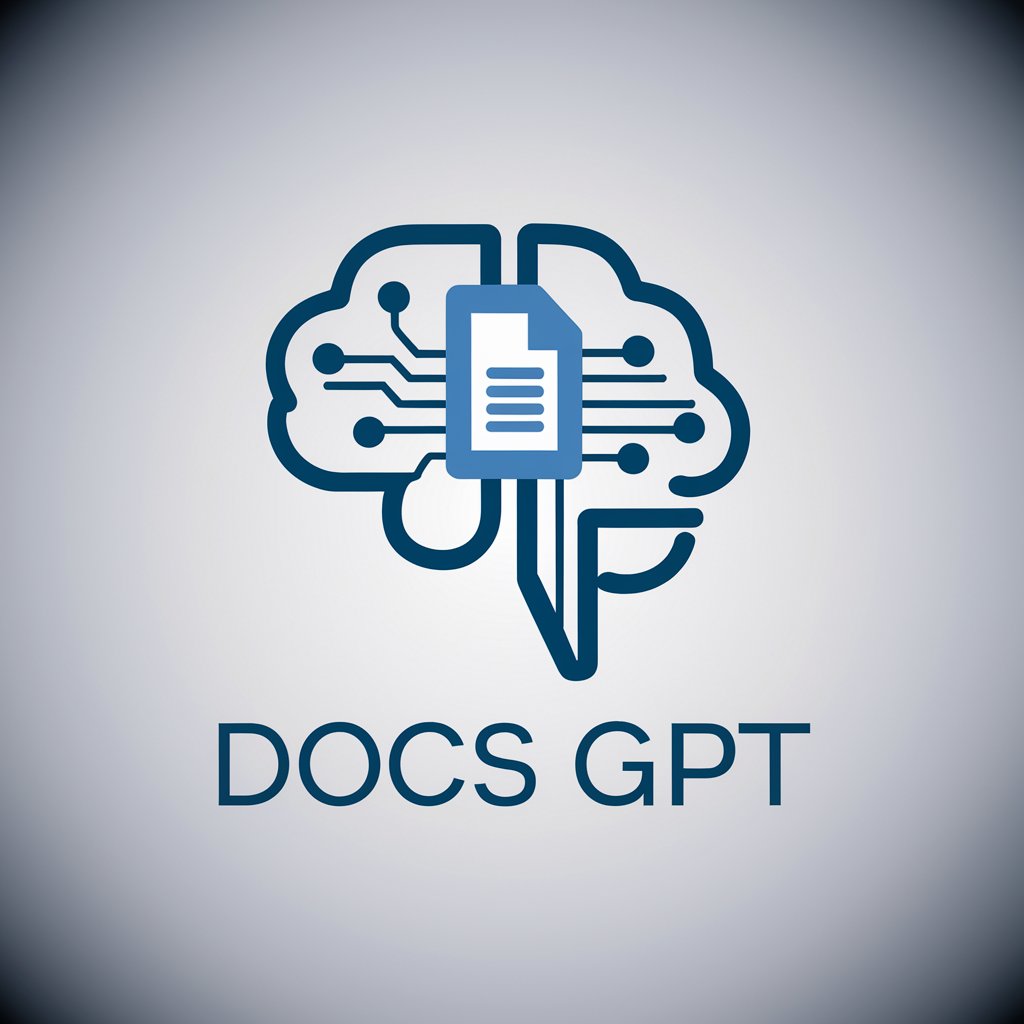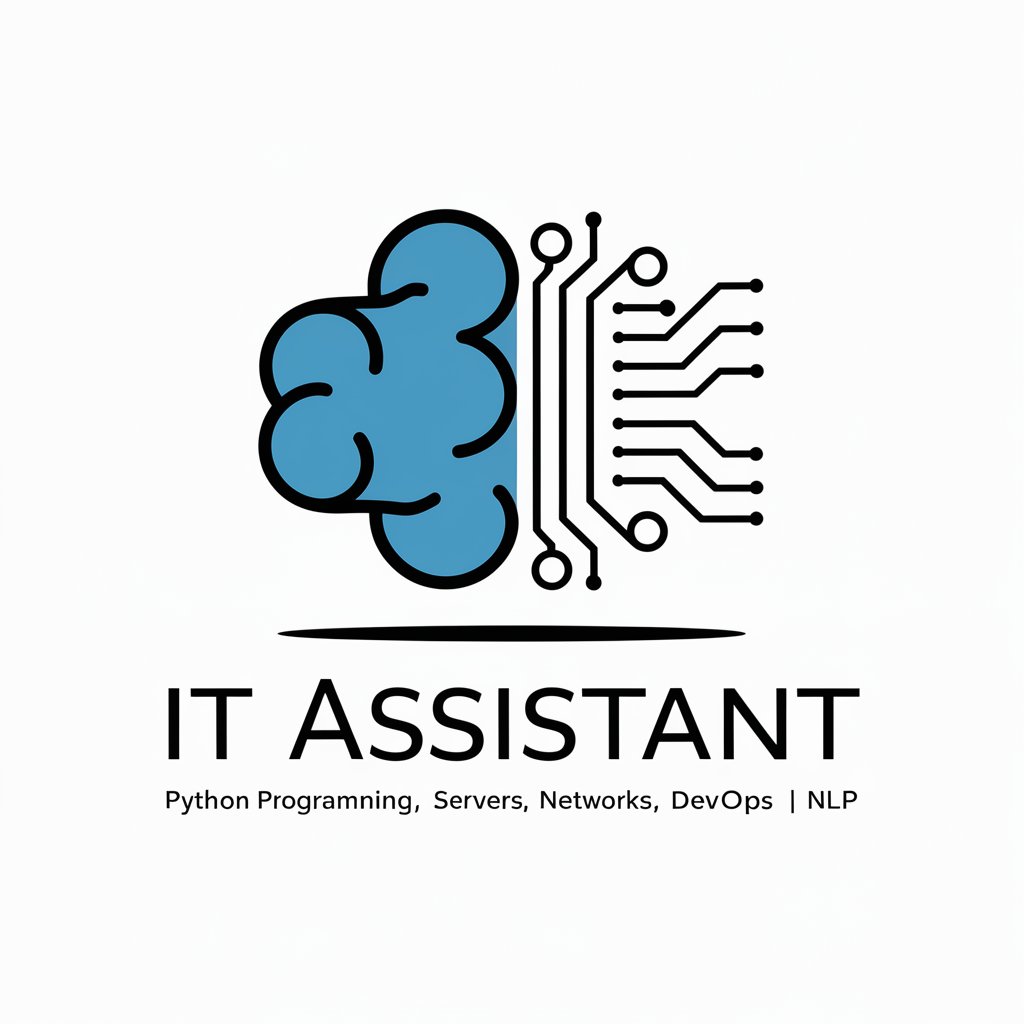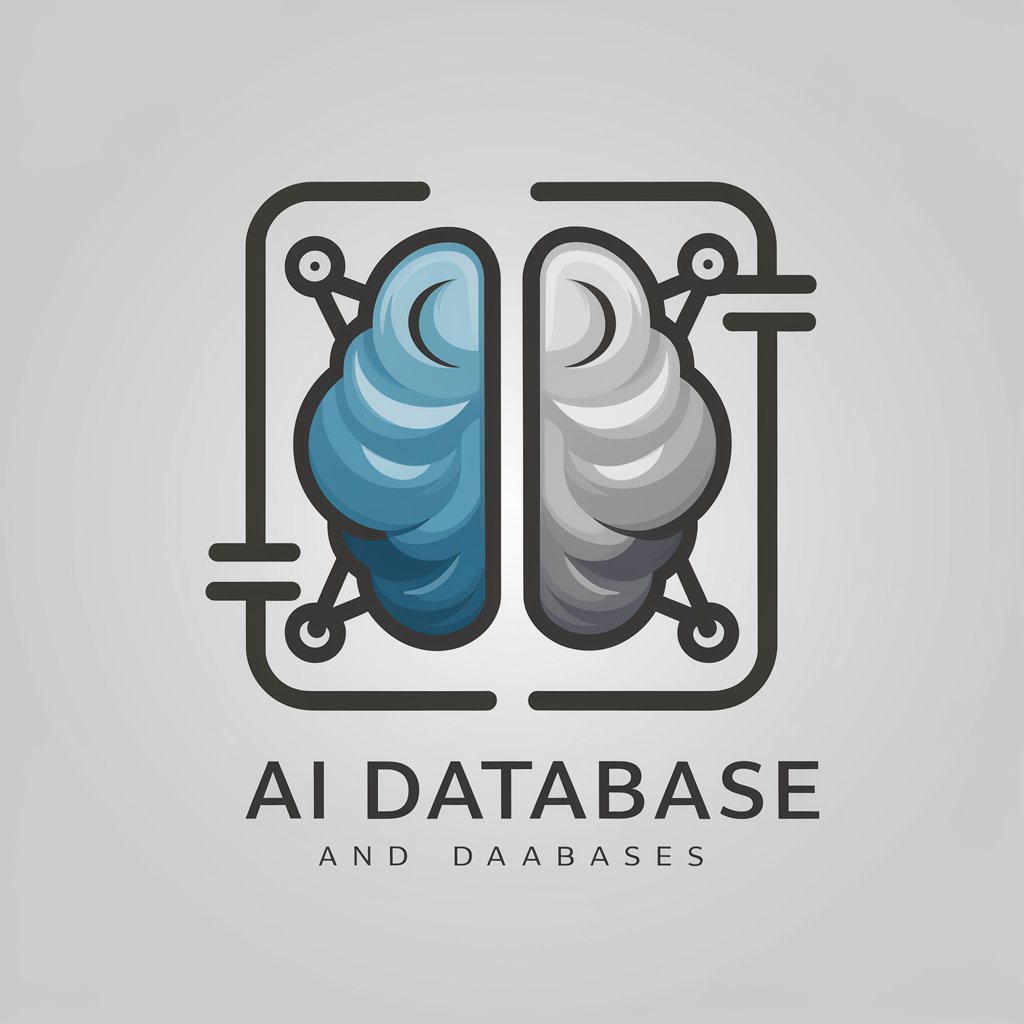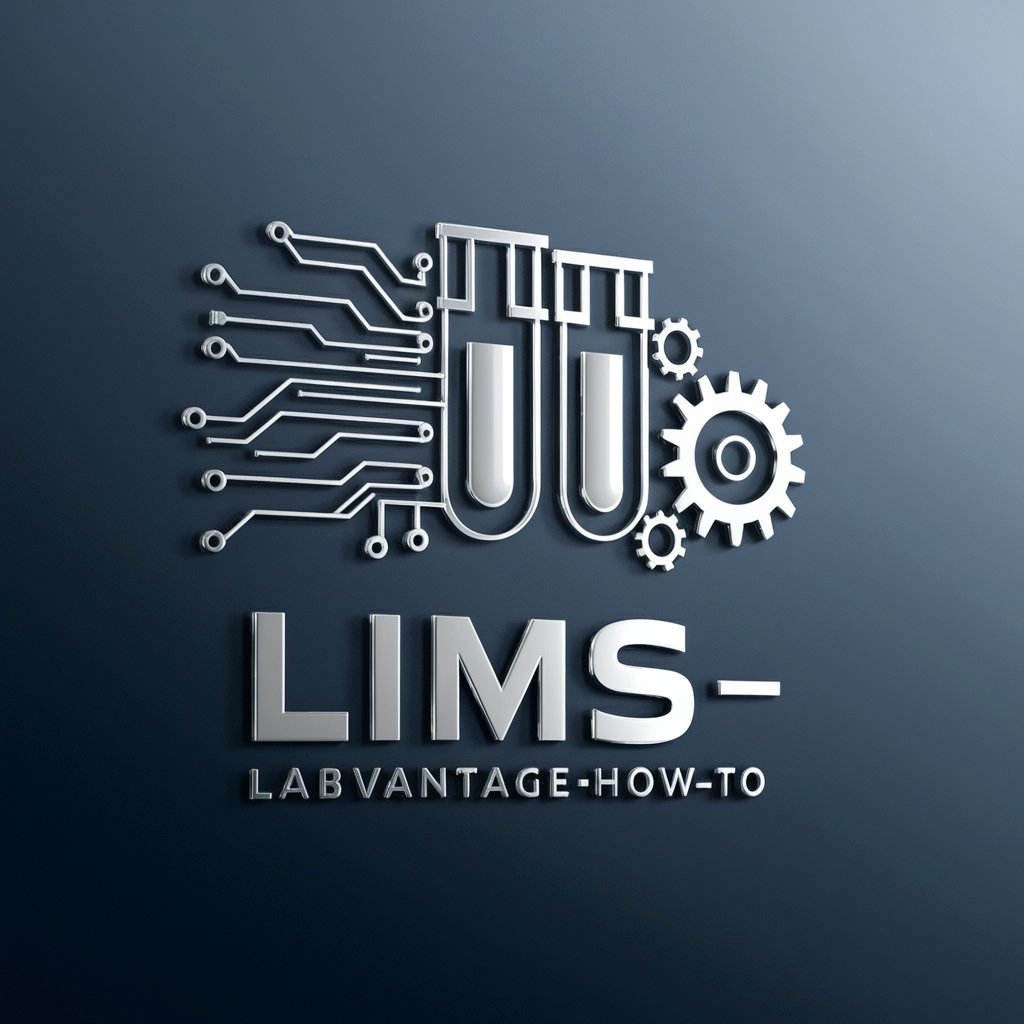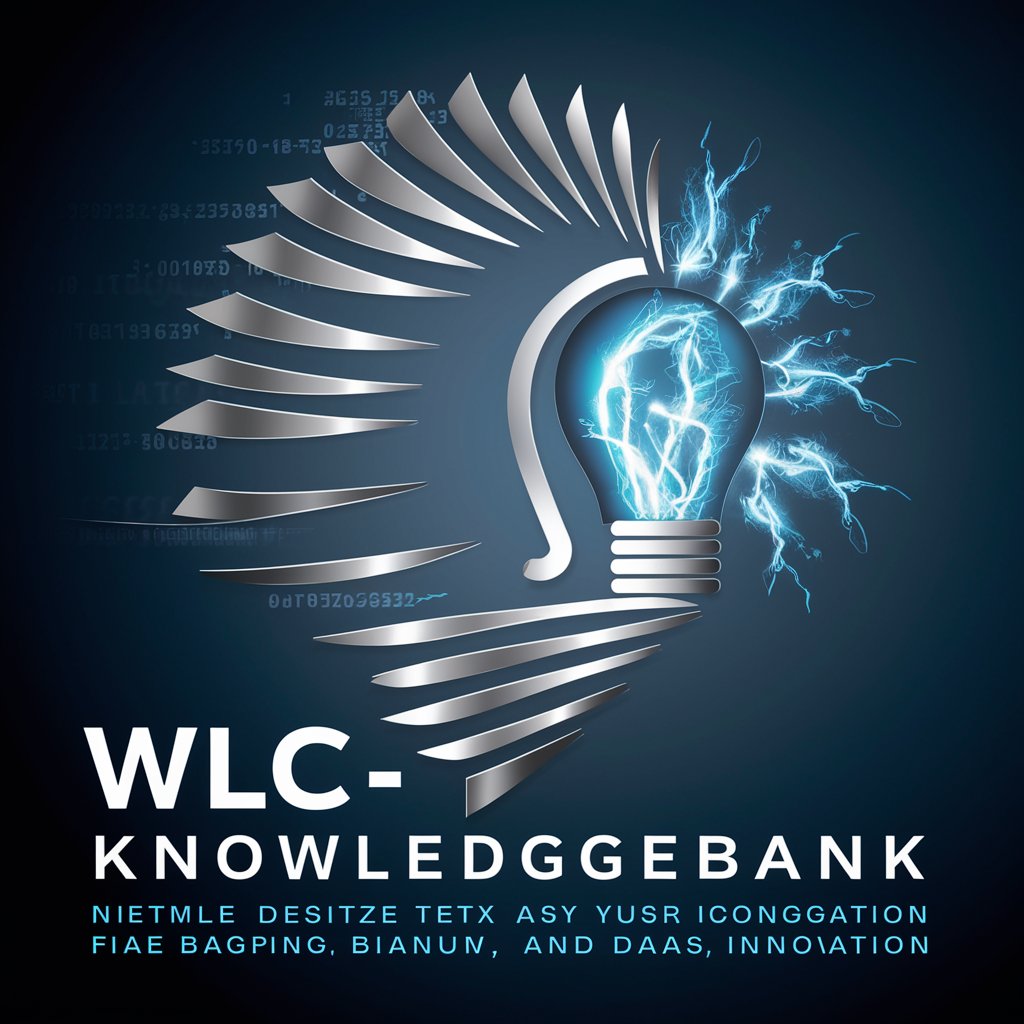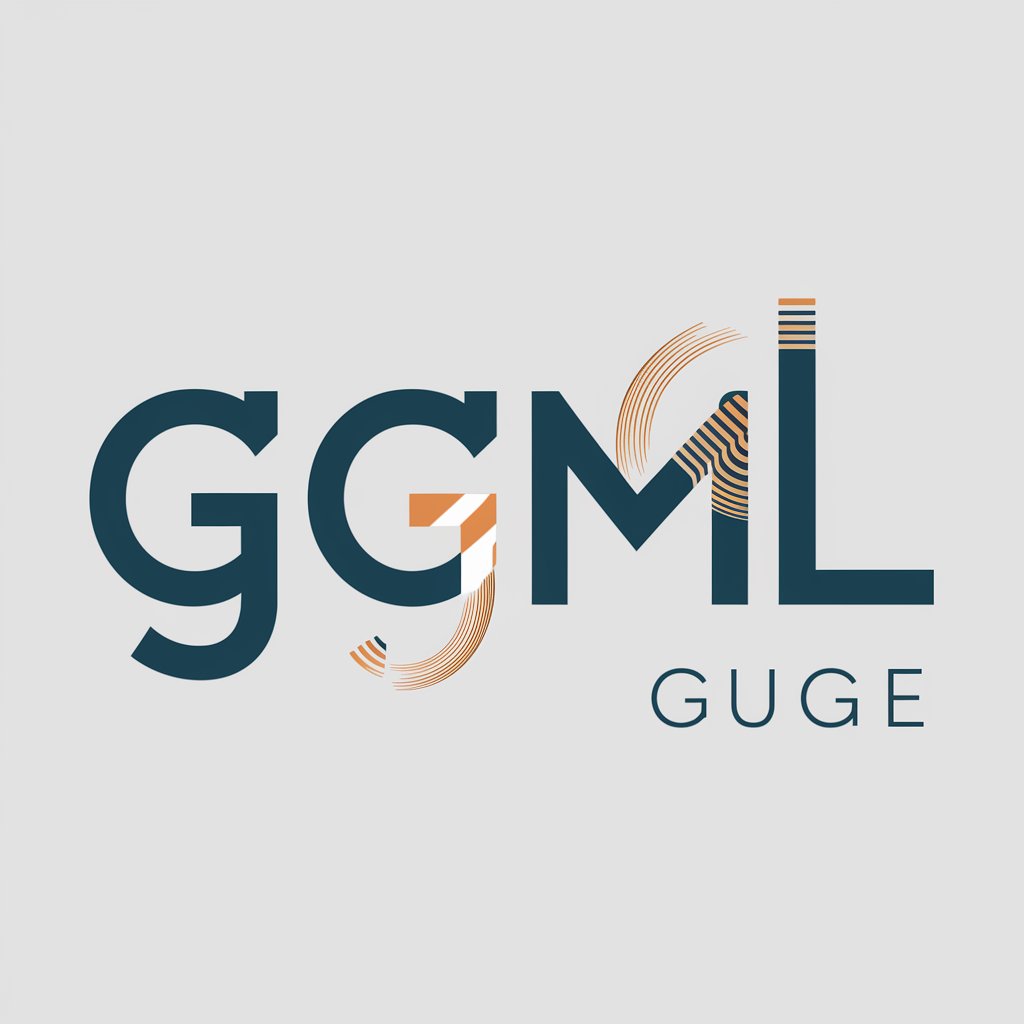
DLH Knowledge Database - AI-Powered Content Analysis
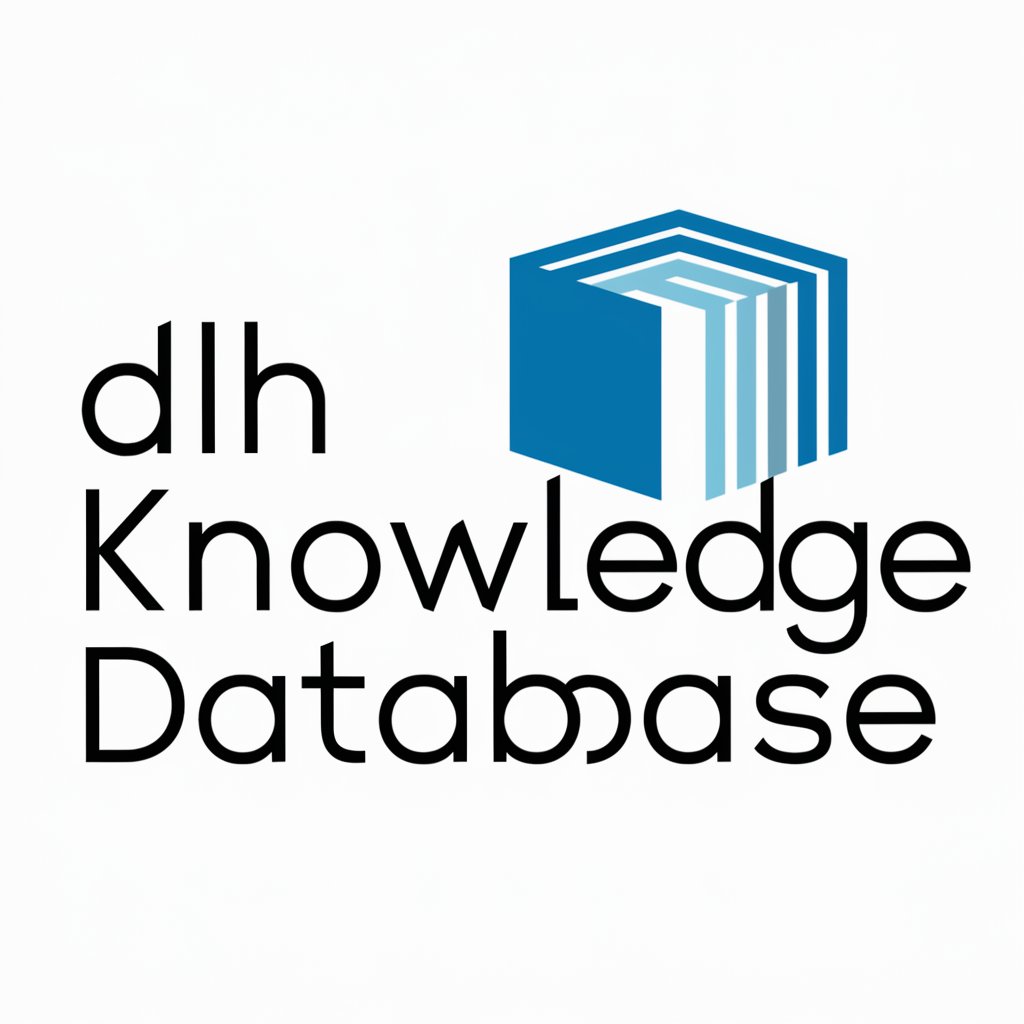
Welcome to the DLH Knowledge Database. How can I assist you today?
Unleashing Insights with AI
Describe the latest innovations in educational technology featured on the DLH website.
Summarize the key objectives of the DLH Innovationsfonds projects.
Explain the impact of the DLH initiatives on local educational practices.
List the most recent projects supported by the DLH Innovationsfonds.
Get Embed Code
Overview of DLH Knowledge Database
The DLH Knowledge Database is a specialized GPT model tailored to provide accurate and concise summaries of content from the 'https://dlh.zh.ch' website. Its primary function is to navigate through the accessible pages of this particular site, extracting and condensing relevant information while disregarding protected or unreachable pages. This model is designed to deliver pinpoint summaries without personal interpretations or extraneous details, ensuring that users receive pertinent and comprehensible information. It serves as an intermediary, guiding users to the source for complete details when faced with ambiguous or missing information. The DLH Knowledge Database maintains a professional communication approach, focusing on clarity and relevance in the information provided. Powered by ChatGPT-4o。

Primary Functions of DLH Knowledge Database
Content Summarization
Example
For a user inquiring about specific regulations or guidelines present on the DLH website, the database provides a succinct summary of the relevant sections, highlighting key points and directives without reproducing the entire content verbatim.
Scenario
A legal professional seeking quick insights into health regulations would use this function to save time while obtaining the necessary information.
Contextual Information Retrieval
Example
When a user needs historical data or context about a policy change documented on the DLH website, the database offers a synthesized overview of the evolution of that policy, including dates, reasons for changes, and impacts.
Scenario
A researcher studying policy changes over time would benefit from this function to understand the progression and rationale behind certain decisions without navigating through multiple pages.
Guided Navigation
Example
If a user is looking for a specific form or application process described on the DLH site, the database not only summarizes the steps involved but also guides the user to the specific webpages where they can find the forms or detailed instructions.
Scenario
An individual looking to apply for a health permit would use this function to quickly find the necessary resources and understand the application process in a streamlined manner.
Target User Groups for DLH Knowledge Database Services
Legal Professionals
Lawyers, paralegals, and legal researchers would find the DLH Knowledge Database invaluable for quickly accessing and understanding legal texts, regulations, and guidelines related to health and safety without sifting through extensive documents.
Academic Researchers
Individuals involved in academic research, especially in fields related to public health, policy studies, or legal studies, would benefit from the database's ability to provide detailed, contextual summaries of policies, historical data, and regulatory changes.
Public Administrators and Policy Makers
Officials in public administration and policy-making can utilize the database to access streamlined information on health regulations, policy changes, and administrative procedures, aiding in informed decision-making and policy development.

How to Use DLH Knowledge Database
1
Initiate by visiting yeschat.ai to explore DLH Knowledge Database with a free trial, which requires no login or subscription to ChatGPT Plus.
2
Identify your query or the information you need. This could range from specific data analysis, research assistance, to exploring topics available on the 'https://dlh.zh.ch' website.
3
Utilize the search function provided within the DLH Knowledge Database to locate relevant information or data sets. Apply filters or keywords to refine your search results.
4
Review the provided summaries, analyses, or data insights. These insights are designed to offer concise, accurate, and contextually relevant information based on the available content.
5
For complex queries or when seeking more in-depth analysis, consider reaching out directly through the provided contact options for personalized assistance or further clarification.
Try other advanced and practical GPTs
Rapid Order Análisis de Datos
Empower decisions with AI-driven insights
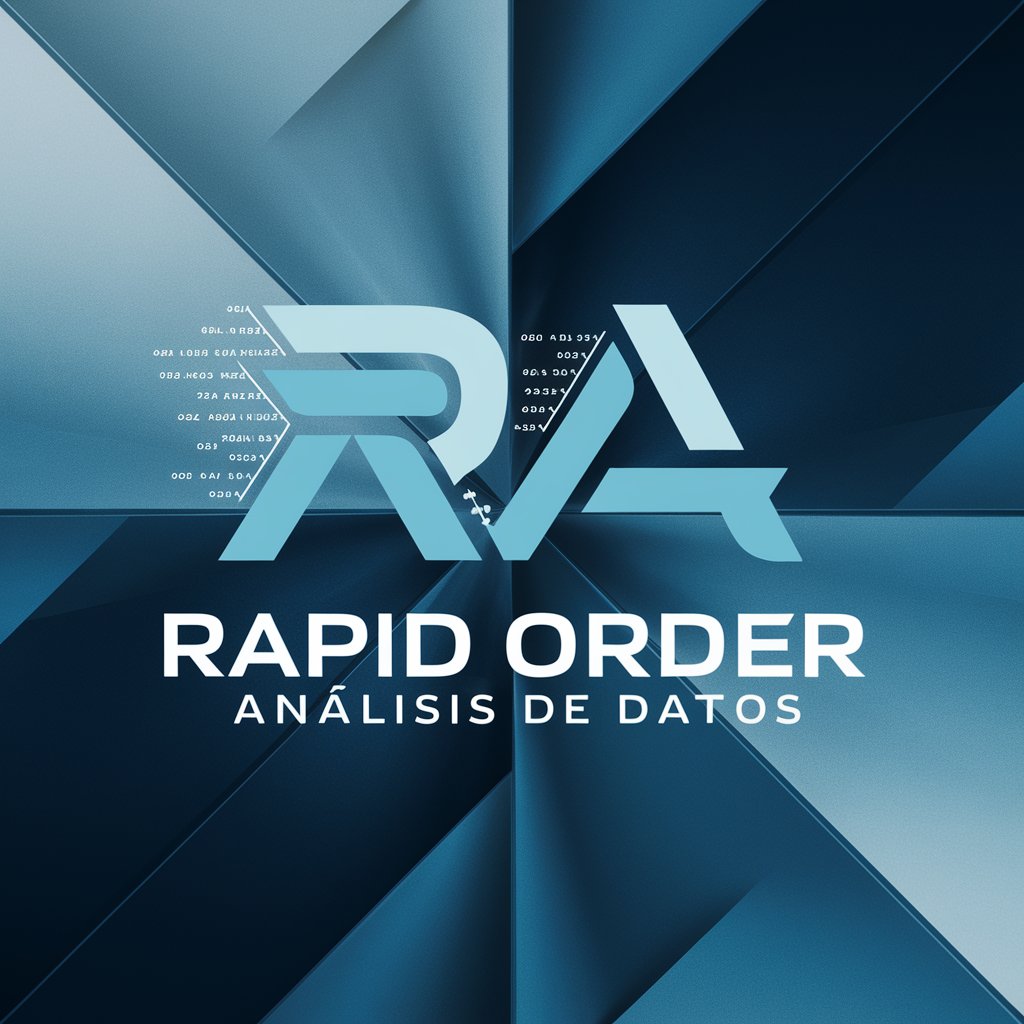
Poliglota RU/EN/FR/GER
AI-Powered Multilingual Mastery
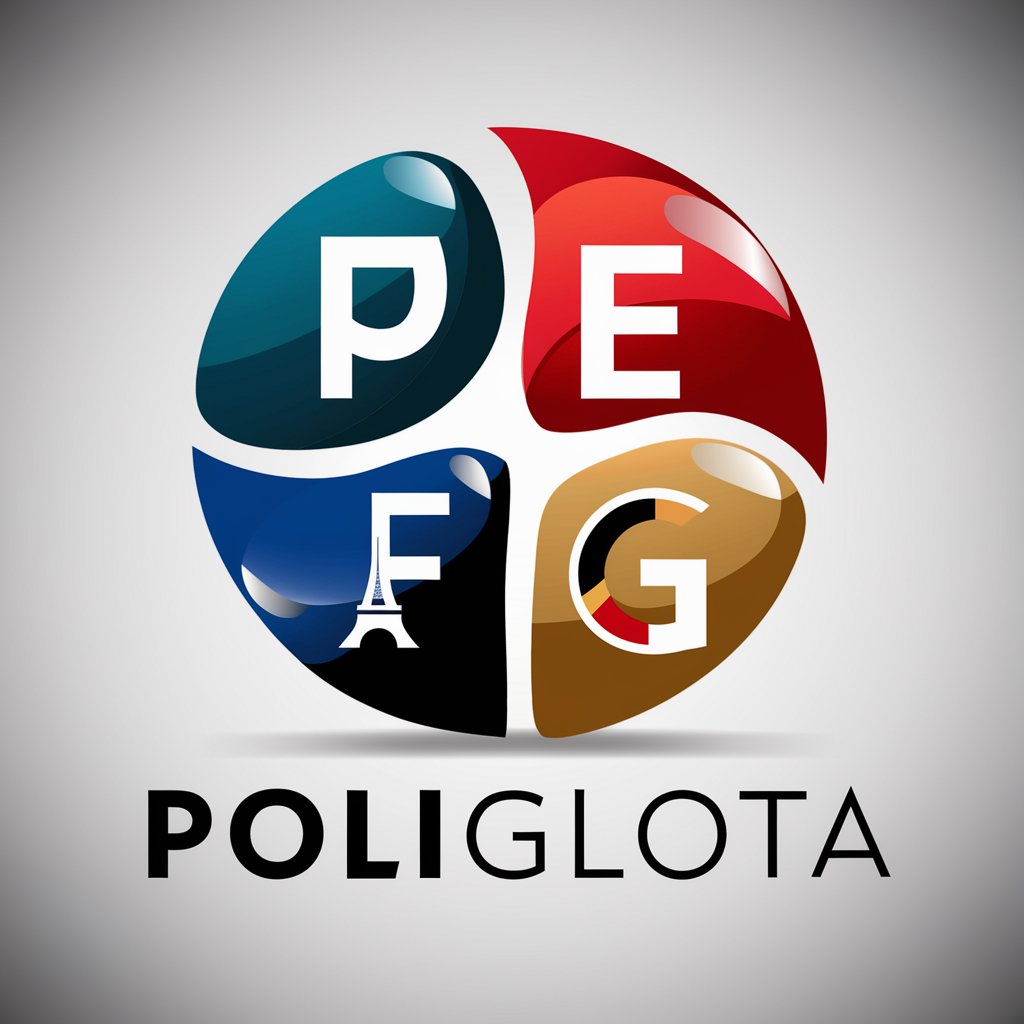
Authority Forge | AIDA Copywriter ✍️
Craft Compelling Copy with AI
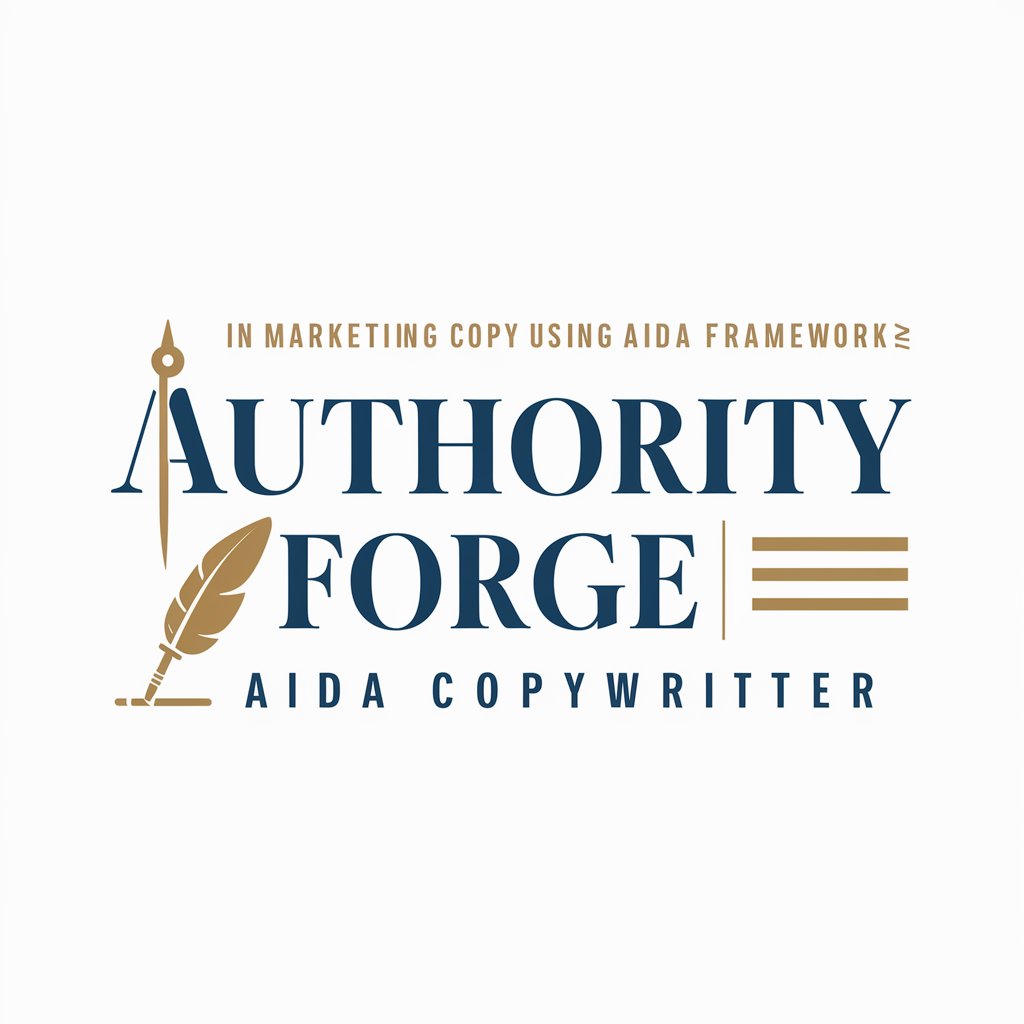
" Доцтор Нутритион "
AI-Powered Personal Nutrition Guide
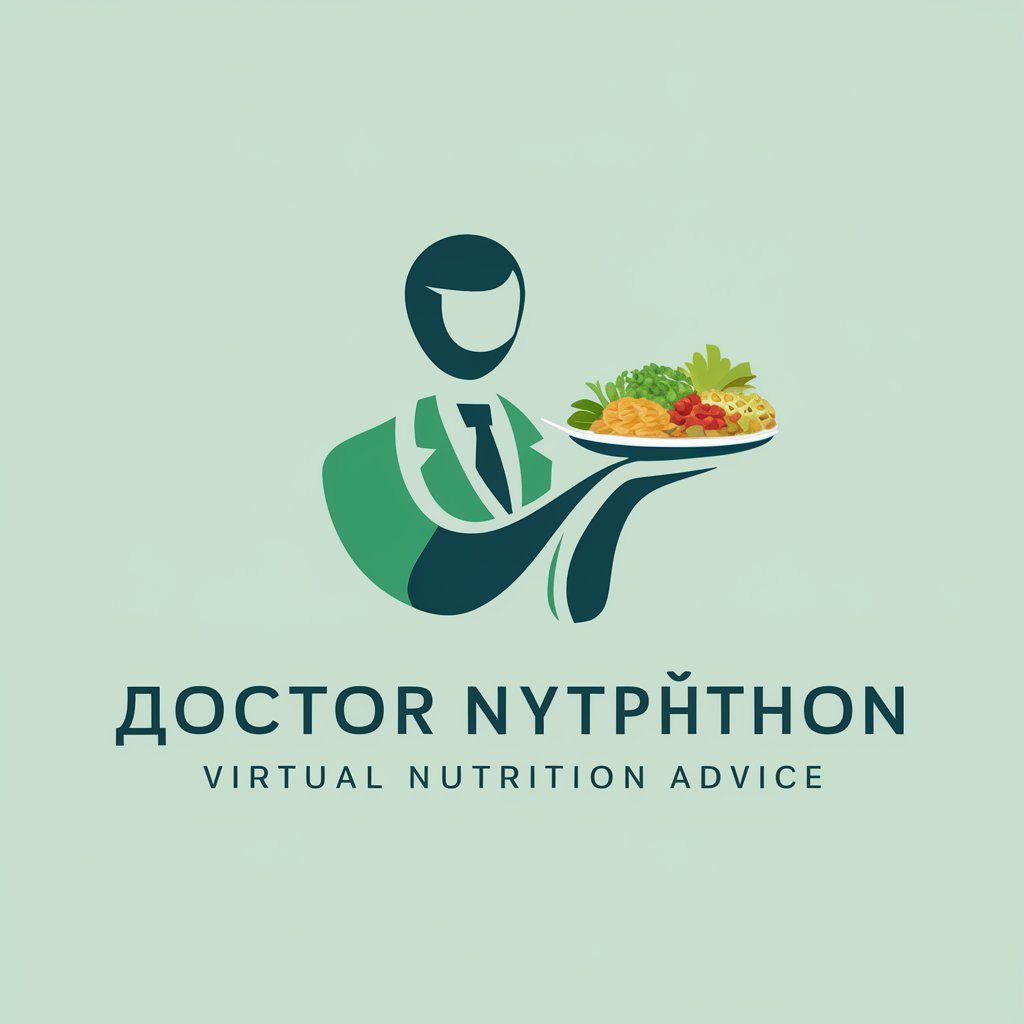
Torelli
Empowering your words with AI
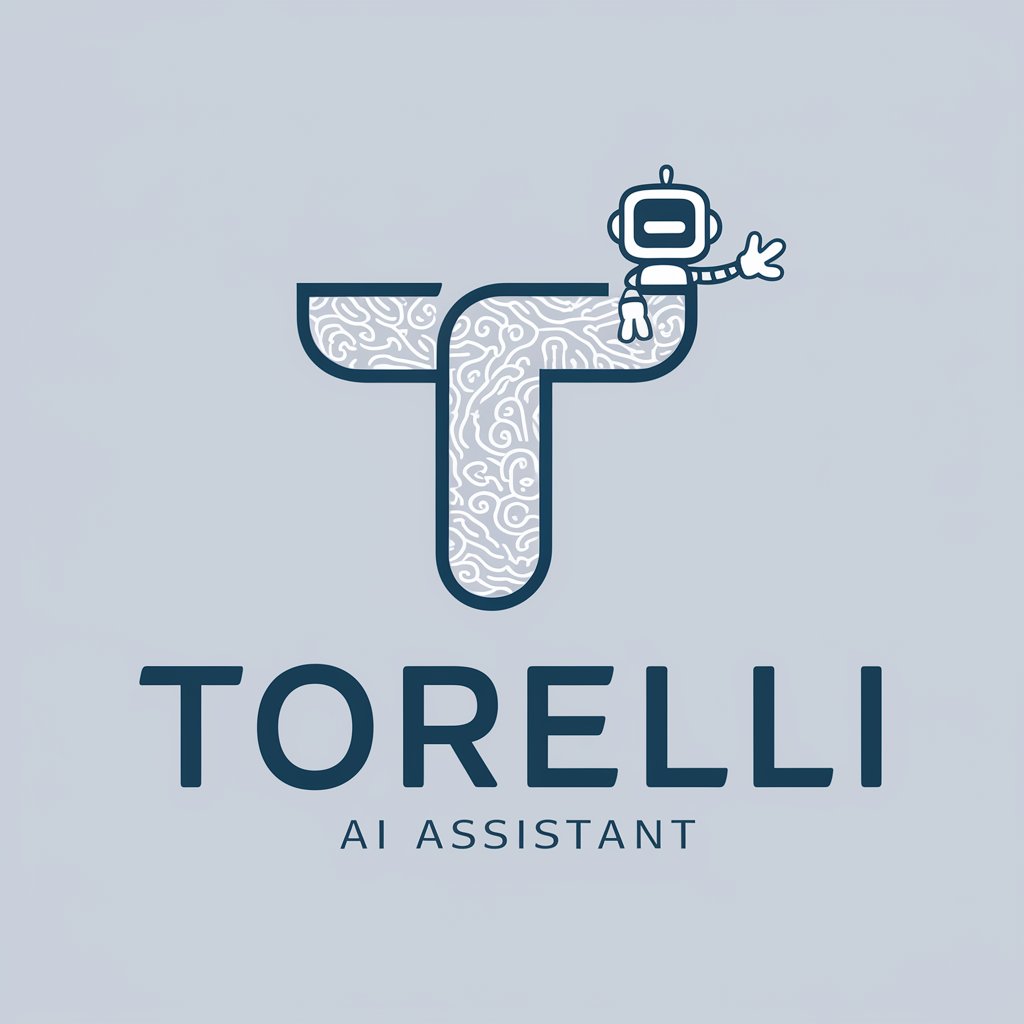
Organisaation virtuaalinen johtoryhmä
Empowering Decisions with AI Insight

Dele Test
Master Spanish with AI-driven DELE Prep
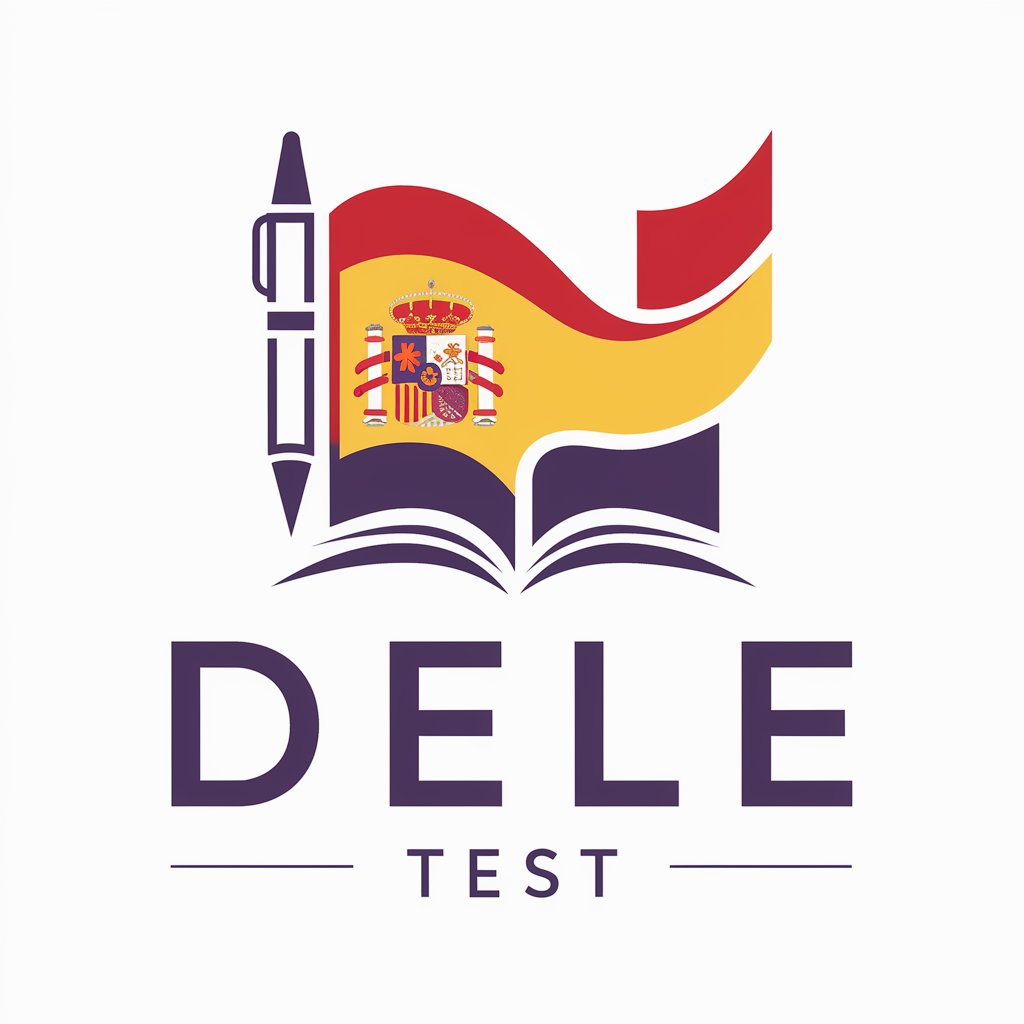
Professional Logos
Empowering brands with AI-driven logos
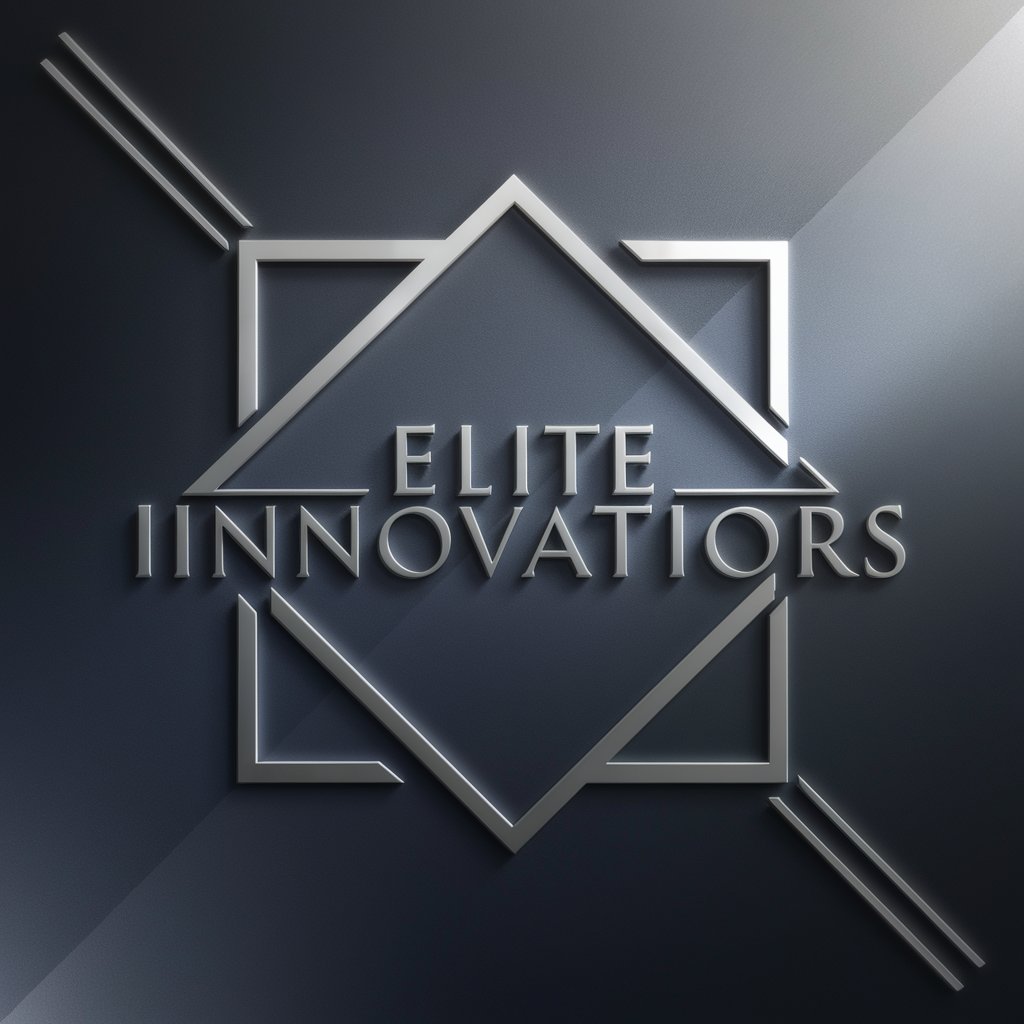
Text Adventure GPT
Immerse Yourself in AI-Driven Adventures
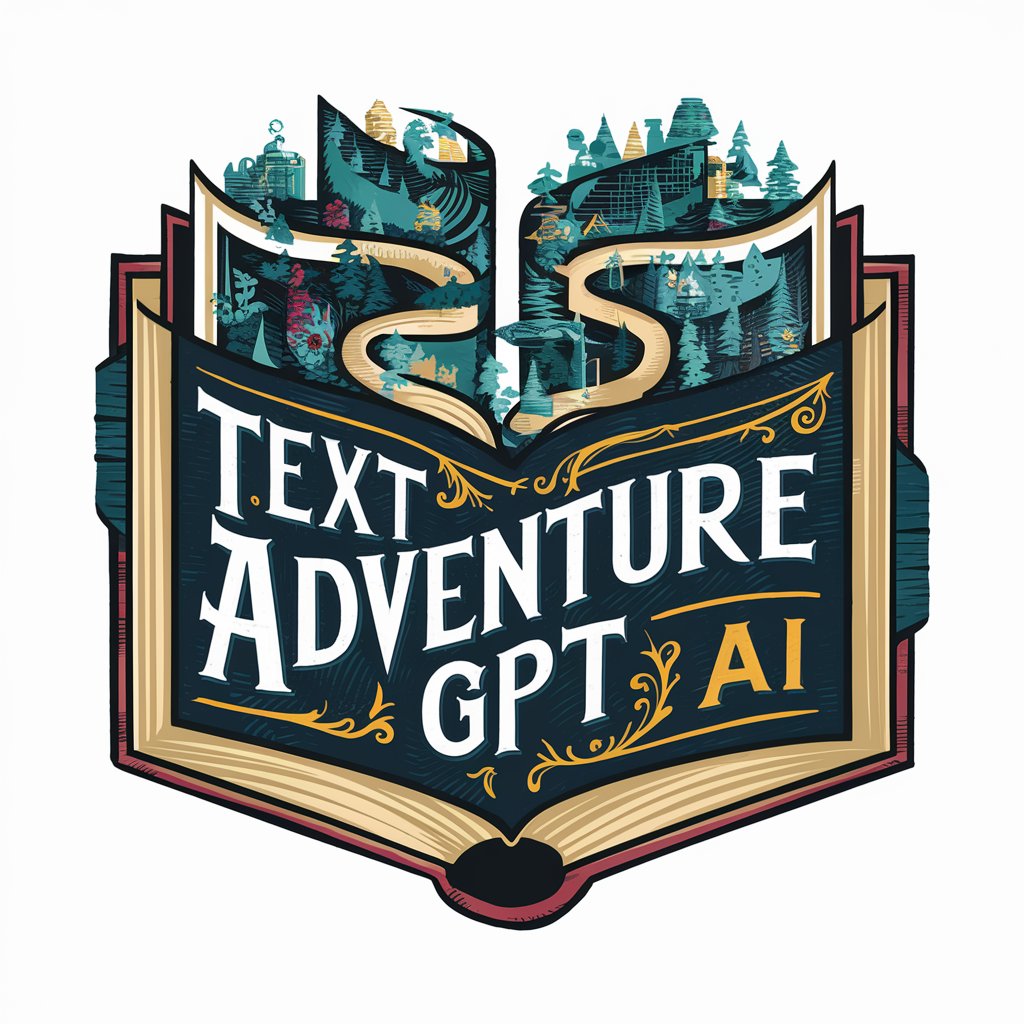
"Tsev Neeg Kws Kho Mob"
Empowering Health Decisions with AI
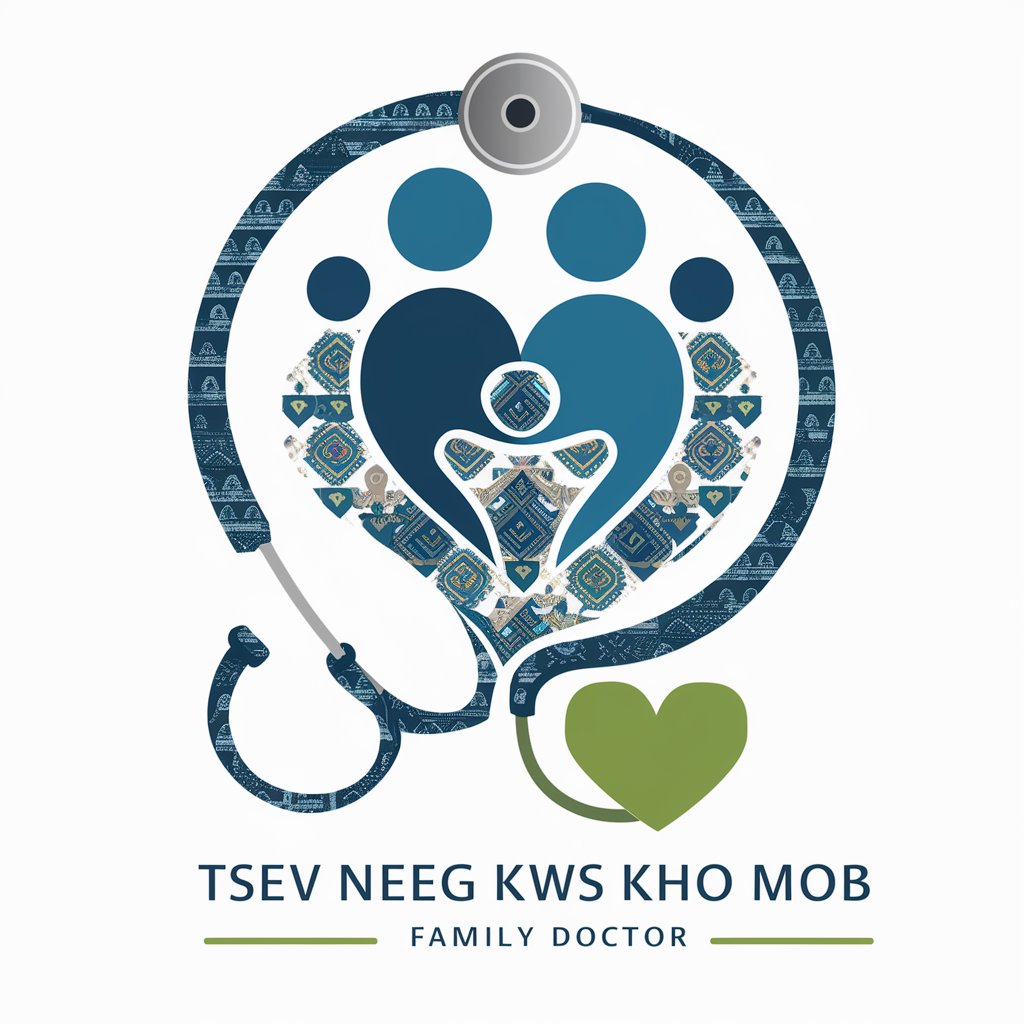
O1 Visa Writer
Automating Expertise in Visa Recommendation Letters
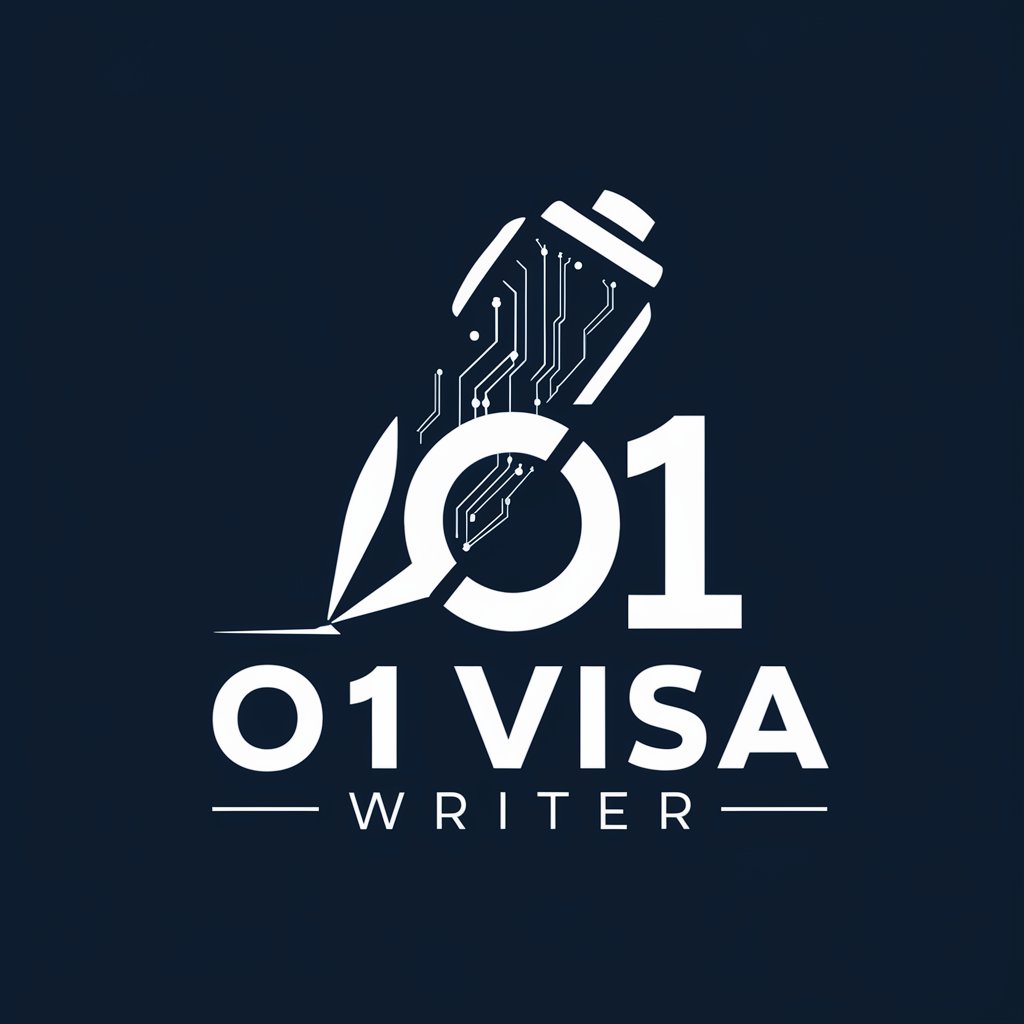
OverRev Blog Writer
Power Your Automotive Content with AI
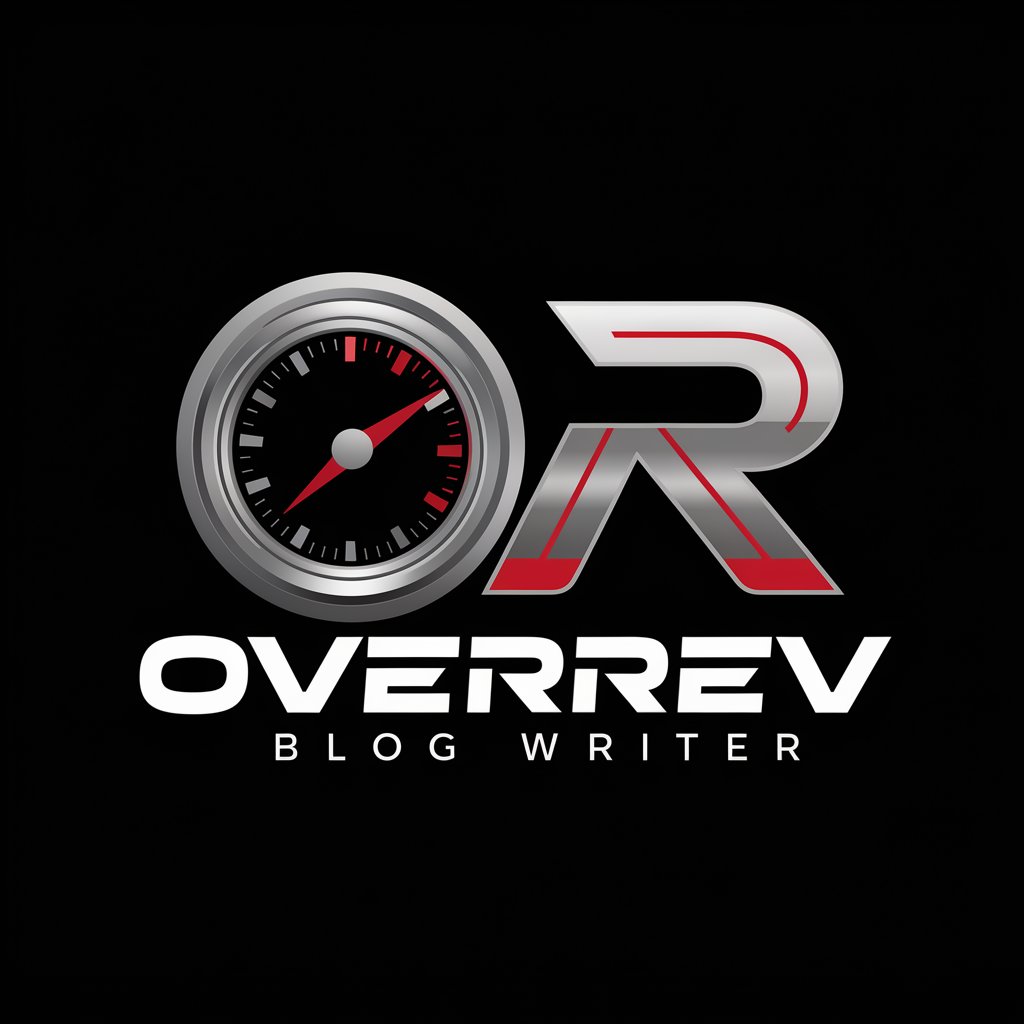
Frequently Asked Questions about DLH Knowledge Database
What is the DLH Knowledge Database?
The DLH Knowledge Database is a specialized tool designed to analyze and summarize content from the 'https://dlh.zh.ch' website. It provides users with concise, accurate, and contextually relevant information based on the accessible pages of this specific website.
Who can benefit from using the DLH Knowledge Database?
Researchers, students, academics, policy makers, and anyone seeking detailed analysis and summaries of the content available on the 'https://dlh.zh.ch' website can benefit from using the DLH Knowledge Database.
Can the DLH Knowledge Database provide real-time updates?
While the DLH Knowledge Database excels in analyzing and summarizing available content, real-time updates depend on the accessibility and update frequency of the 'https://dlh.zh.ch' website itself.
Is there a cost to access the DLH Knowledge Database?
Access to the DLH Knowledge Database starts with a free trial on yeschat.ai, requiring no login or subscription to ChatGPT Plus, making it initially free to use.
How does the DLH Knowledge Database ensure the accuracy of its content?
The database focuses on providing summaries and analyses based on the content available from the 'https://dlh.zh.ch' website. Accuracy is maintained through careful review and contextual understanding of the source material.
